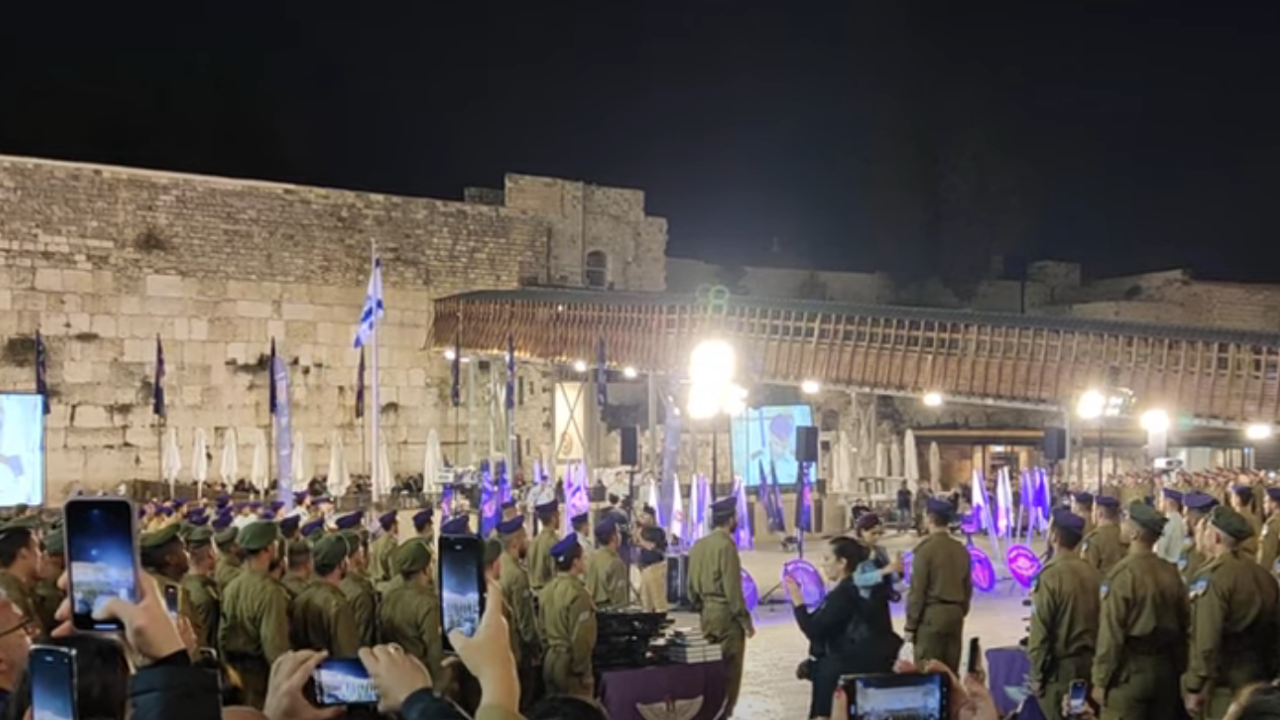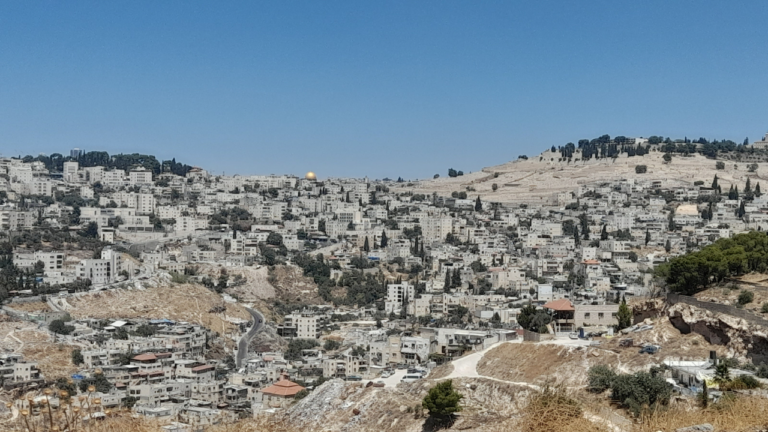The Defense of Jerusalem
In the aftermath of the sin of the golden calf, God tells Moshe that He intends to destroy the Jewish people. Instead of humbly conceding to God’s plan, Moshe takes the role of the Jewish people’s defense attorney. He argues with God that the sin was not entirely the fault of the Jewish people, and that God should give them another chance. He “reminds” God that the Jewish people are descendants of Avraham, Yitzhak and Yaakov and have the potential to reach great heights. Finally, God acquiesces, and the Jewish people are saved.
The desire and ability to speak well of the Jewish people despite their faults is a hallmark of Jewish leadership. In fact, according to one interpretation, this trait is highlighted in the closing verse of Megilat Ester. We read that:
For Mordecai the Jew was viceroy to King Ahasuerus, and great among the Jews and accepted by most of his brethren; seeking the good of his people and speaking peace to all their seed.
What does it mean that Mordechai was “seeking the good of his people?” The simple meaning of the verse is that Mordechai used his influence for the betterment of his people.
The Degel Machane Efraim, though, offers an additional read of the verse. He suggests that Mordechai sought the good of his people not just in conversation with Achashverosh, but also in his prayers to God. Mordechai, following the model of Jewish leadership established by Moshe, defended the Jewish people to God and “reminded” Him of their great merits.



